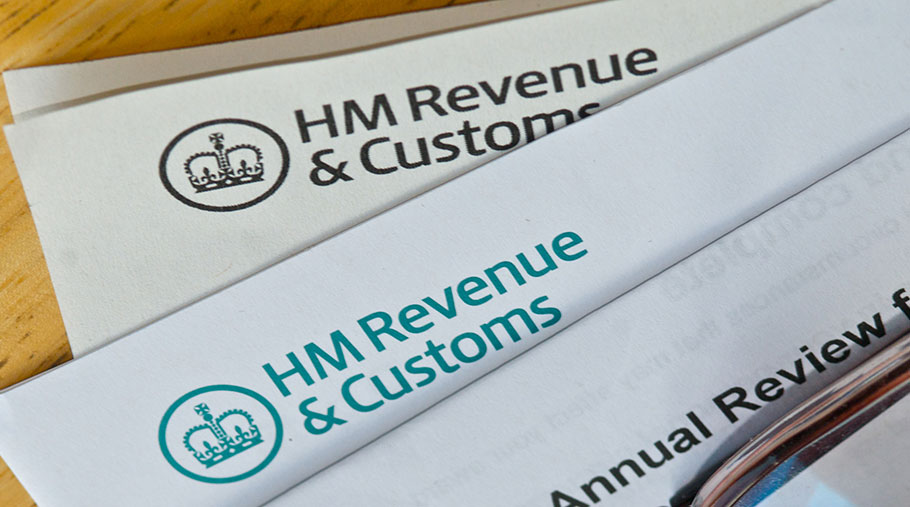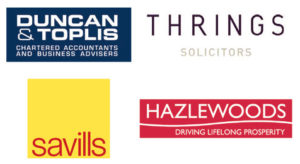Business Clinic: Is rollover relief repaid on death?
 © David Cole/REX/Shutterstock
© David Cole/REX/Shutterstock Whether you have a legal, tax, insurance, management or land issue, Farmers Weekly’s Business Clinic experts can help. Here Peter Griffiths, tax director at accountant Hazlewoods, offers advice on how rollover relief is affected by inheritance of farming assets.
Q Having read about rollover relief from capital gains tax (CGT) in Farmers Weekly, we would like to know what happens when land bought with rollover relief is passed to someone after the original owner dies. Does this have to be repaid from the estate or can the relief be continued until the recipient sells?
A On an individual’s death, all assets are uplifted to market value and no CGT is payable. Therefore, gains that have been rolled over into assets held at death do not become chargeable to tax, and the whole gain is “washed out”.
Assets owned by the deceased may suffer inheritance tax (IHT), although if the relevant assets wholly qualify for an IHT relief such as agricultural properly relief or business property relief, the assets can be passed to the inheriting individual with no tax liability arising.
See also: Tax considerations for farm cottages
Rollover relief from CGT is available for an individual when qualifying assets used in their trading business are sold, there is a capital gain and the proceeds are reinvested in other qualifying assets to be used by the individual in their trading business. This does not have to be the same business or even the same trade.
Relief is available to sole traders and partners in a partnership. Relief is also available to limited companies or where individuals own an asset personally that is used by a company they own.
The acquisition of the replacement asset must be within a period commencing one year before and ending three years after the disposal. HM Revenue and Customs may agree to extend the period, to allow relief on purchases up to two years before and six years after a disposal in certain situations. A claim has to be made for the relief.
For full relief, all the proceeds must be reinvested. Also, if the asset being sold has not always been used in a trading business, then relief is restricted on a pro-rata basis to the trading period.
Reinvestment
No rollover relief will be available until proceeds at least equal to the cost of the asset being sold are reinvested. For example, if an asset purchased for £400,000 is sold for £1m, no rollover relief will be available in respect of the £600,000 capital gain until replacement qualifying assets costing at least £400,000 have been acquired.
For farming businesses, relevant qualifying assets include land and buildings but not normally farmhouses occupied by anyone other than an employee.
Fixed plant and machinery, for example, an anaerobic digester or grain dryer, is also a qualifying asset, but only for a maximum of 10 years, when the gain becomes chargeable, if other qualifying assets have not been acquired in that period.
It is important to note that to extend the rollover relief period beyond 10 years, the replacement qualifying assets must be purchased before the 10 years have elapsed.
It is worth remembering that provided the replacement asset is used in the trade immediately, even if the asset stops being used in the trade in the future, then there is no clawback of the rollover relief on purchase.
Many farming businesses are now structured to include a company alongside a partnership. Gains made by an individual on qualifying assets can be rolled into qualifying assets used in a different trading business they own.
However, gains on assets used in a sole trade or partnership will not qualify for the relief where the proceeds are used to acquire qualifying assets to be used by a limited company which the individual owns.
Where relief is claimed on gains on assets owned personally by an individual and used by a company, HMRC takes the view that relief is only available if the proceeds are reinvested in other assets used by the same company.
Do you have a question for the panel?
 Outline your legal, tax, finance, insurance or farm management question in no more than 350 words and Farmers Weekly will put it to a member of the panel. Please give as much information as possible.
Outline your legal, tax, finance, insurance or farm management question in no more than 350 words and Farmers Weekly will put it to a member of the panel. Please give as much information as possible.
Send your enquiry to Business Clinic, Farmers Weekly, RBI, Quadrant House, The Quadrant, Sutton, Surrey SM2 5AS.
You can also email your question to fwbusinessclinic@rbi.co.uk.
